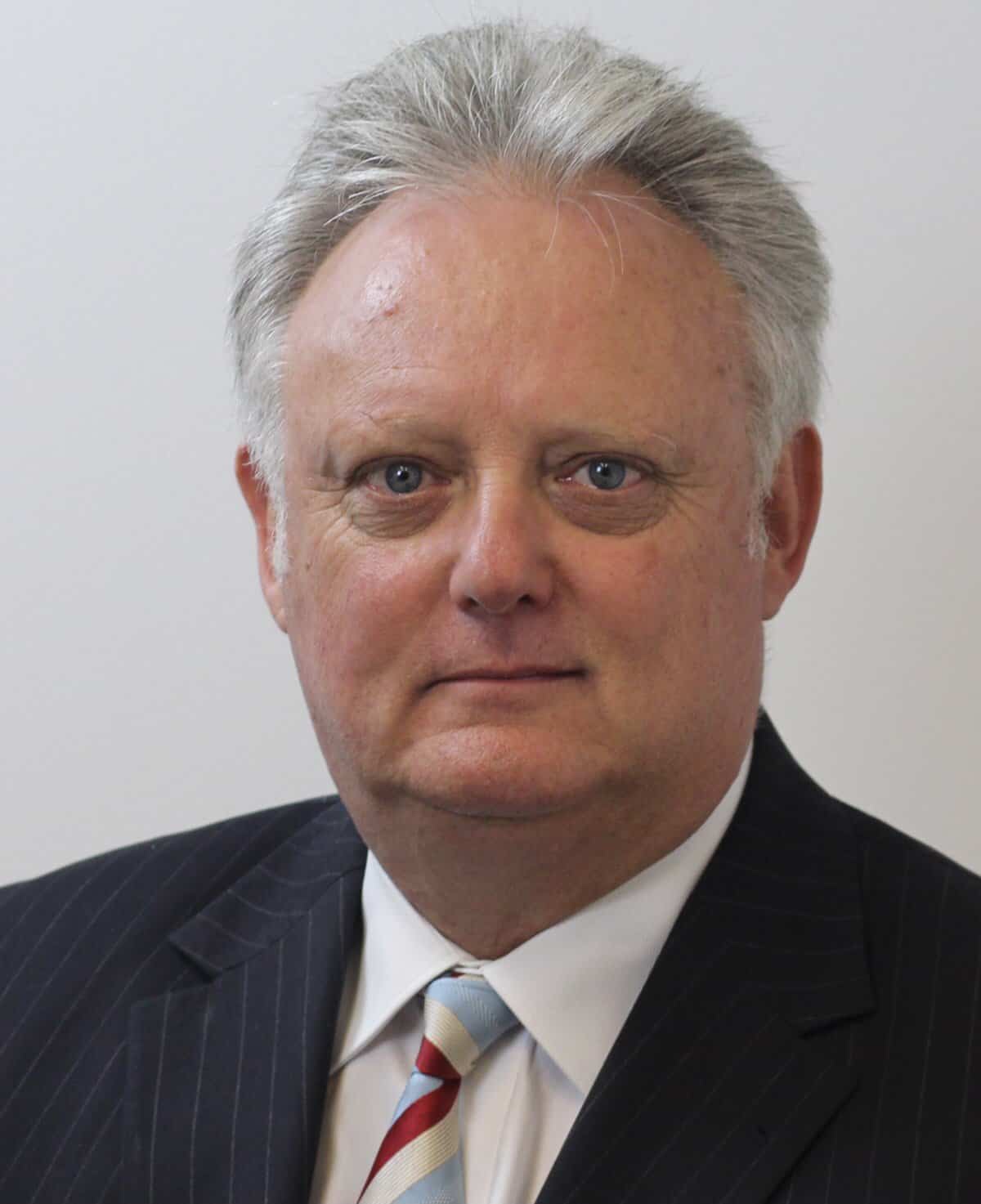The Pacific can learn from the Indian Ocean when it comes to ocean science.
Last week’s UN Ocean Conference in Lisbon devoted a full day to the role of the scientific community. Strong engagement of stakeholders is essential for optimising the opportunity provided by the UN Decade of Ocean Science for Sustainable Development (2021 to 2030).
Pacific Island leaders have understood that ocean science can make a significant contribution to both governments and broader Pacific communities in responding to regional challenges such as sea level rise, acidification and ocean warming, the impact of plastics on marine biodiversity and human health, tuna management and inshore fisheries through the development of marine protected areas.
The Pacific Ocean is considered by many researchers as the least investigated, researched and understood ocean. But most island countries haven’t developed national ocean science strategies. They lack offshore ocean research vessels, sampling equipment and have limited onshore laboratory equipment. Conducting ocean science isn’t cheap and coordinating required efforts across individuals, institutions and countries from within and outside of the region is almost an art in itself.
There’s limited promotion of oceanography as a career in the islands secondary-level education systems. There’s only one oceanographer in the region to be found working for a national government (who works for the meteorology services in Solomon Islands). There’s no national oceanographic centres. Most island states have only a handful of people with ocean science backgrounds in their key maritime agencies.
The islands are reliant upon foreign research vessels and depend on foreign expertise for much of their ocean science requirements. There’s limited opportunities for islanders to participate in regional research cruises. Too often traditional ocean scientists are “parachuted” in. When an ocean science project ends often capacity can dissipate.
The Pacific should learn from the Indian Ocean experience when it comes to ocean science. There’s never been a coherent examination of the Pacific as is occurring in the Indian Ocean through the Second International Indian Ocean Expedition. IIOE-2 is global coordination effort that is advancing the understanding of the physical, biological, geological, climatological and socio-economic role of the Indian Ocean.
Launched in 2015 and extended out to at least 2025, the IIOE-2 brings together institutions and scientists under a multi-national framework to support research for sustainable development under a multi-disciplinary science plan and associated implementation strategy, both co-designed by stakeholders from within the Indian Ocean region.
IIOE-2 was motivated by the need to advance understanding of geologic, oceanic and atmospheric processes and their interactions in the Indian Ocean, and to determine how these dynamics affect climate, marine bio-geochemical cycles, ecosystems and fisheries, both within the region and globally. This is required to predict the impacts of climate change, pollution and increased fish harvesting on the Indian Ocean.
The Pacific could adopt a similar type of overarching ocean science program as IIOE-2. An IIOE-2 Steering Committee sets the high-level policies, inclusive of regional and global institutions, national reference alliances, leading and emerging scientists, community stakeholders as drivers and beneficiaries of the science, and early career researchers.
Twenty-eight countries are represented in the IIOE-2 and 45 projects have been endorsed by the IIOE-2 steering committee to date. Seventeen research cruises have been completed as part of the IIOE-2, with more to come. More than 100 scientific papers have been published. IIOE-2 national committees provide engagements in the IIOE-2. There’s an IIOE-2 early career scientists network to connect emerging scientists.
The Pacific Community (SPC) and the University of the South Pacific should work with the International Oceanographic Commission to draw up a prospectus similar to the IIOE-2 type program. It could be taken to stakeholder meetings in the Pacific to identify key ocean science needs at the regional and sub-regional level.
That could produce a united ocean science plan for the Pacific Islands region. National committees could be formed under an inclusive steering committee to secure endorsement for projects under a Pacific Ocean Expedition. It would make for a powerful “branding exercise” framed under the UN Decade of Ocean Science.
A number of “influencers” from bodies such as SPC, USP, SPREP, the Pacific Islands Ocean Observing System and “ocean champions” from Pacific Island countries and other scientific institutions, such as the University of Hawaii, might form a collegiate association to “kick start” a Pacific Ocean Expedition.
This would be a once in a generation ocean science initiative to have a lasting legacy aimed at improving livelihoods and sustaining the region’s ocean environment.
Dr Anthony Bergin is a senior fellow at the Australian Strategic Policy Institute.
